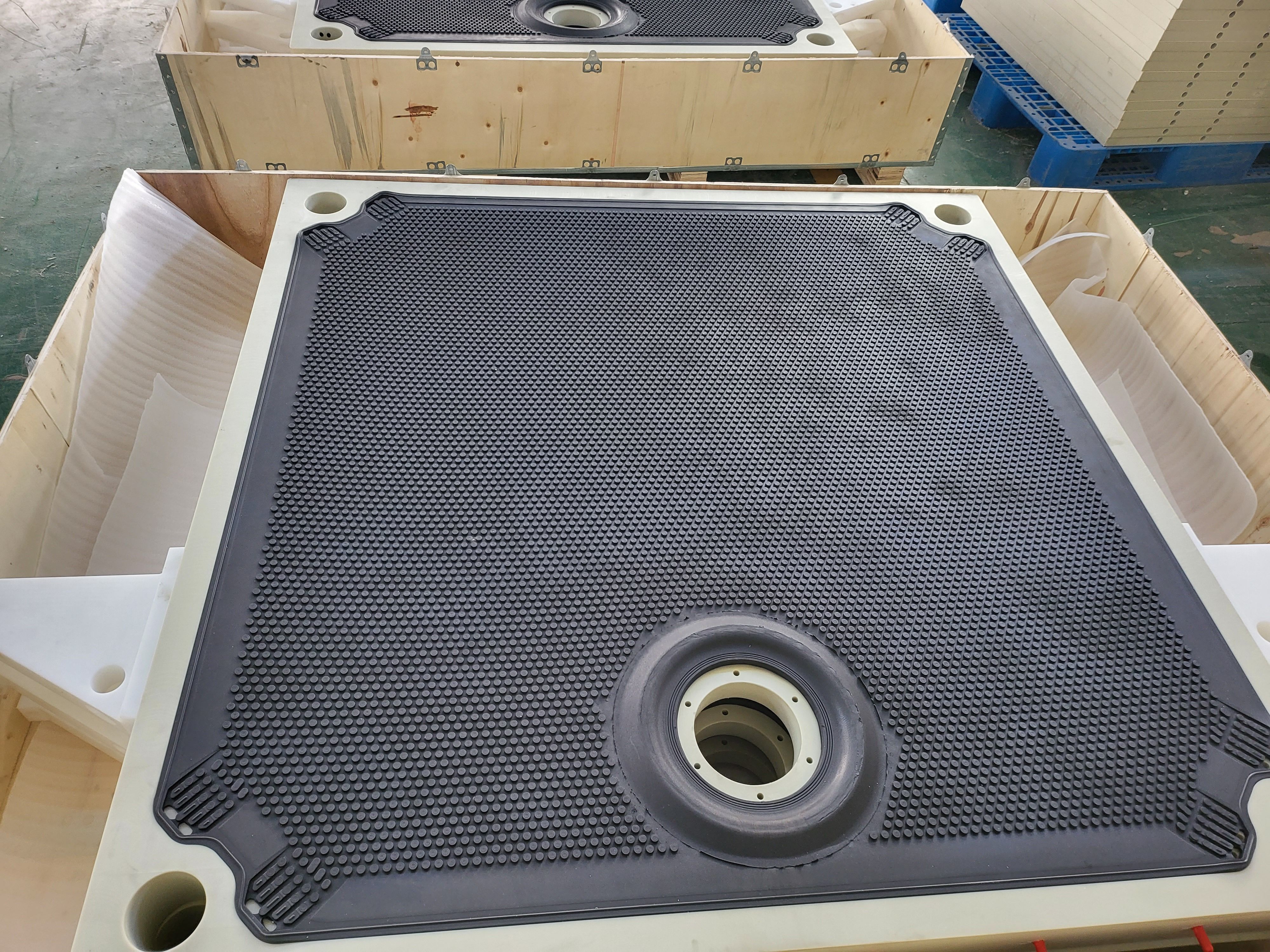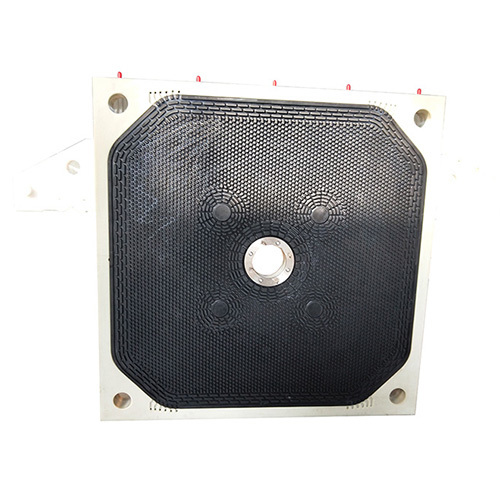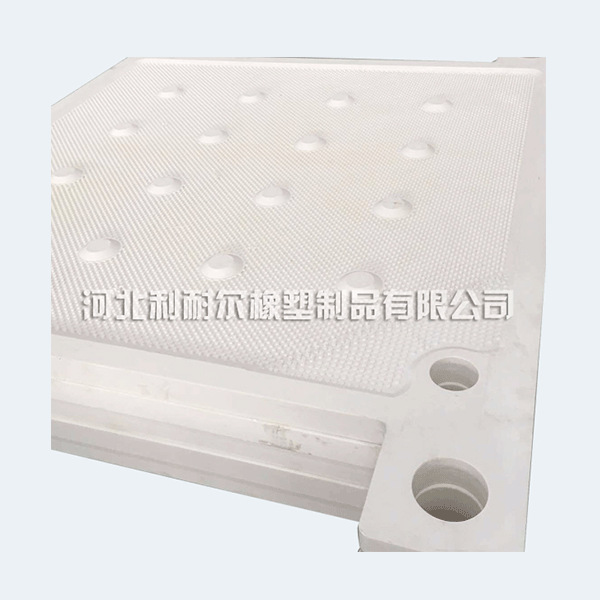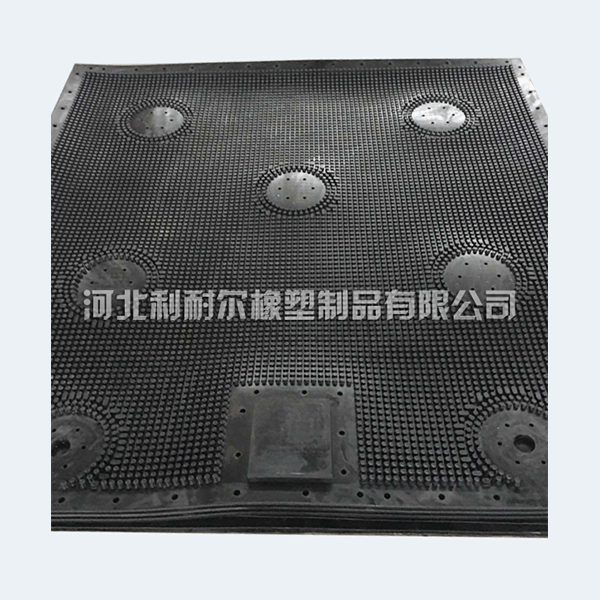Understanding Filter Press Plates: Key Insights for the Chemical and Plastic Industry
Release time:
2025-02-15
Filter press plates are essential components in industrial filtration systems, particularly in the chemical and plastic sectors. They facilitate the separation of solids from liquids, a critical process in various applications, including wastewater treatment, chemical processing, and the production of plastic products. Understanding the intricacies of filter press plates can significantly enhance
Filter press plates are essential components in industrial filtration systems, particularly in the chemical and plastic sectors. They facilitate the separation of solids from liquids, a critical process in various applications, including wastewater treatment, chemical processing, and the production of plastic products. Understanding the intricacies of filter press plates can significantly enhance operational efficiency and product quality.
Filter press plates work by creating a series of chambers where a slurry (a mixture of solids and liquids) is pumped in. The plates, usually made of materials such as polypropylene, stainless steel, or cast iron, are designed to withstand high pressure and aggressive chemicals. Once the slurry is introduced, the liquids are forced through a filter cloth, leaving the solids trapped in the chambers. This process is highly effective for achieving a high degree of separation and is widely used in industries that require precise filtration.
One of the primary advantages of using filter press plates in the chemical and plastic industry is their ability to produce a dry cake of solids, which can be easier to handle and dispose of compared to wet materials. The moisture content of the cake can be significantly lower than that of other filtration methods, resulting in reduced transportation costs and improved waste management practices. This is particularly vital for companies looking to minimize their environmental footprint.
Moreover, filter press plates are highly customizable. Depending on the specific requirements of your process, you can choose plates with varying sizes, shapes, and materials. This flexibility allows businesses to optimize their filtration systems to achieve the best results for their unique applications. For example, in a highly corrosive environment, selecting plates made of resistant materials can extend the lifespan of the equipment and reduce maintenance costs.
Another factor to consider is the maintenance and operational efficiency of filter press plates. Regular cleaning and inspection are essential to prevent clogging and ensure optimal performance. Implementing a consistent maintenance schedule can help prolong the life of your filter press and reduce unexpected downtime, which can be costly for any business.
In conclusion, filter press plates are integral to the chemical and plastic industries, providing efficient separation of solids and liquids. By understanding their functionality and benefits, companies can optimize their filtration processes, reduce waste, and enhance overall operational efficiency. Investing in the right filter press plates tailored to your specific needs can pave the way for improved productivity and sustainability in your operations.
Filter press plates work by creating a series of chambers where a slurry (a mixture of solids and liquids) is pumped in. The plates, usually made of materials such as polypropylene, stainless steel, or cast iron, are designed to withstand high pressure and aggressive chemicals. Once the slurry is introduced, the liquids are forced through a filter cloth, leaving the solids trapped in the chambers. This process is highly effective for achieving a high degree of separation and is widely used in industries that require precise filtration.
One of the primary advantages of using filter press plates in the chemical and plastic industry is their ability to produce a dry cake of solids, which can be easier to handle and dispose of compared to wet materials. The moisture content of the cake can be significantly lower than that of other filtration methods, resulting in reduced transportation costs and improved waste management practices. This is particularly vital for companies looking to minimize their environmental footprint.
Moreover, filter press plates are highly customizable. Depending on the specific requirements of your process, you can choose plates with varying sizes, shapes, and materials. This flexibility allows businesses to optimize their filtration systems to achieve the best results for their unique applications. For example, in a highly corrosive environment, selecting plates made of resistant materials can extend the lifespan of the equipment and reduce maintenance costs.
Another factor to consider is the maintenance and operational efficiency of filter press plates. Regular cleaning and inspection are essential to prevent clogging and ensure optimal performance. Implementing a consistent maintenance schedule can help prolong the life of your filter press and reduce unexpected downtime, which can be costly for any business.
In conclusion, filter press plates are integral to the chemical and plastic industries, providing efficient separation of solids and liquids. By understanding their functionality and benefits, companies can optimize their filtration processes, reduce waste, and enhance overall operational efficiency. Investing in the right filter press plates tailored to your specific needs can pave the way for improved productivity and sustainability in your operations.
Related News




























